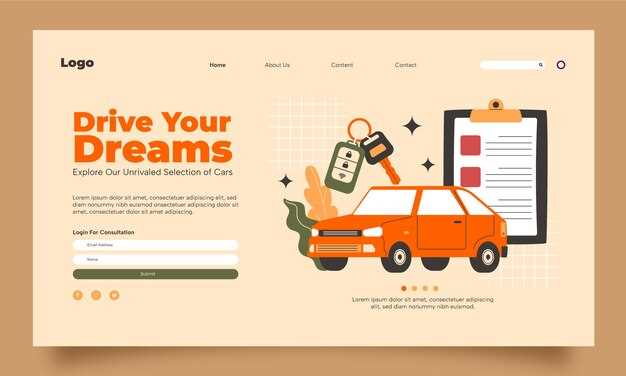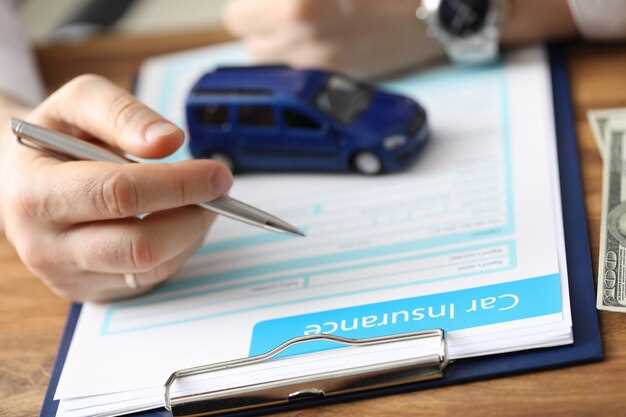
Obtaining insurance for salvage title vehicles can be a challenging process for many car owners. A salvage title often indicates that a vehicle has sustained significant damage, leading insurers to approach coverage differently than they would for standard vehicles. Understanding the implications of a salvage title is crucial for anyone looking to insure such a vehicle.
Salvage vehicles typically carry a higher risk for insurance companies, which may result in limited coverage options and higher premiums. It is essential to recognize that standard insurance providers may be reluctant to offer policies for salvage title cars because of their altered status. Therefore, prospective owners must navigate their options carefully and consider specialized insurers that focus on salvage vehicles.
In this article, we will delve into the specifics of securing insurance for salvage title vehicles, examining the factors that affect eligibility, the types of coverage available, and strategies to ensure you find the best possible policy. Understanding these elements will empower salvage vehicle owners to make informed decisions and protect their investments effectively.
Understanding the Basics of Salvage Title Vehicles

A salvage title vehicle is one that has been declared a total loss by an insurance company due to damage from an accident, flood, theft, or other incidents. This designation indicates that the cost of repairs exceeds a certain percentage of the vehicle’s market value, making it more economically feasible for the insurer to write off the vehicle rather than repair it. Consequently, salvage title vehicles can often be purchased at significantly lower prices compared to their clean title counterparts.
When considering insurance for salvage title vehicles, it’s important to understand that coverage options may be limited. Many mainstream insurers are hesitant to provide full coverage for these types of vehicles, as they pose a higher risk due to their history of severe damage. However, certain insurance companies specialize in covering salvage title vehicles and may offer tailored policies that provide adequate protection.
While purchasing insurance, it’s essential to review what types of coverage are available. Liability coverage is usually required by law and protects against damages to other vehicles and injuries to other parties if the salvage title vehicle is involved in an accident. On the other hand, collision and comprehensive coverage may be harder to find, and if available, they will often come with higher premiums.
Additionally, when insuring a salvage title vehicle, potential buyers should assess the vehicle’s condition and history. An accurate appraisal can help in understanding its value and what kind of coverage is necessary. It is crucial to keep in mind the potential depreciation in value for salvage title vehicles, as this can affect the amount of insurance payout in the event of a loss.
In conclusion, understanding the basics of salvage title vehicles is vital for making informed decisions about insurance and coverage options. By being aware of the specific requirements and limitations associated with these vehicles, owners can ensure they have the necessary protection against unforeseen events.
Types of Insurance Coverage Available for Salvage Vehicles
When it comes to insuring a salvage title vehicle, it’s essential to understand the various types of coverage options available. Each type of coverage addresses different needs and may be suitable depending on the vehicle’s condition and the owner’s requirements.
The most common type of insurance coverage for salvage vehicles is liability insurance. This coverage is mandatory in most states and protects the policyholder in case of an accident that causes damage to another person or their property. However, liability coverage does not cover damages to the salvage vehicle itself.
Another option is collision coverage, which pays for damages to the insured vehicle resulting from a collision, regardless of who is at fault. While this coverage can be valuable, it may not always be available for salvage titles due to their perceived higher risk.
Comprehensive coverage offers protection against non-collision-related incidents, such as theft, vandalism, or natural disasters. For salvage vehicles, this coverage can be particularly useful in safeguarding against unexpected events that could lead to further damage or loss.
Some insurers provide specialized coverage tailored for salvage vehicles, often referred to as “limited liability” or “actual cash value” policies. These options typically consider the vehicle’s salvage status and may offer lower premiums, but they also come with specific conditions regarding claims and payouts.
Lastly, it’s important to consider uninsured/underinsured motorist coverage. This insurance can protect the policyholder if they are involved in an accident with a driver who lacks sufficient liability insurance. Given the increased chances of accidents with salvage vehicles, this coverage can offer additional peace of mind.
In summary, selecting the right insurance coverage for a salvage title vehicle involves evaluating several options, including liability, collision, comprehensive, specialized policies, and uninsured/underinsured motorist coverage. Understanding these types of insurance is crucial for ensuring that you are adequately protected on the road.
How to Navigate the Insurance Claims Process for Salvage Title Cars

Dealing with insurance claims for salvage title vehicles can be a complex process. Understanding how to effectively navigate this route is essential to ensure adequate coverage and a smooth resolution. Start by documenting all relevant information regarding your salvage title car, including its history, repairs made, and any previous incidents.
When filing a claim, initiate contact with your insurance provider to inform them about the situation. Be prepared to provide your policy details, as well as specifics about the salvage title status. Some insurers may have different protocols for salvage vehicles, which may require additional documentation or even a third-party inspection.
Next, carefully assess and submit all necessary paperwork. It is crucial to present thorough records of the vehicle’s pre-accident condition, repairs performed, and current market value. This information helps the insurer understand the basis for your claim and can influence the final assessment.
Monitor the progress of your claim closely. Salvage title vehicles may prompt further scrutiny from insurance adjusters, leading to potential delays. If you encounter resistance or feel your claim is undervalued, do not hesitate to negotiate and provide additional evidence to support your case.
Ultimately, understanding the nuances of getting coverage for salvage title cars can lead to a more favorable outcome during the claims process. Be persistent and proactive in communicating with your insurer to achieve the best possible resolution.
